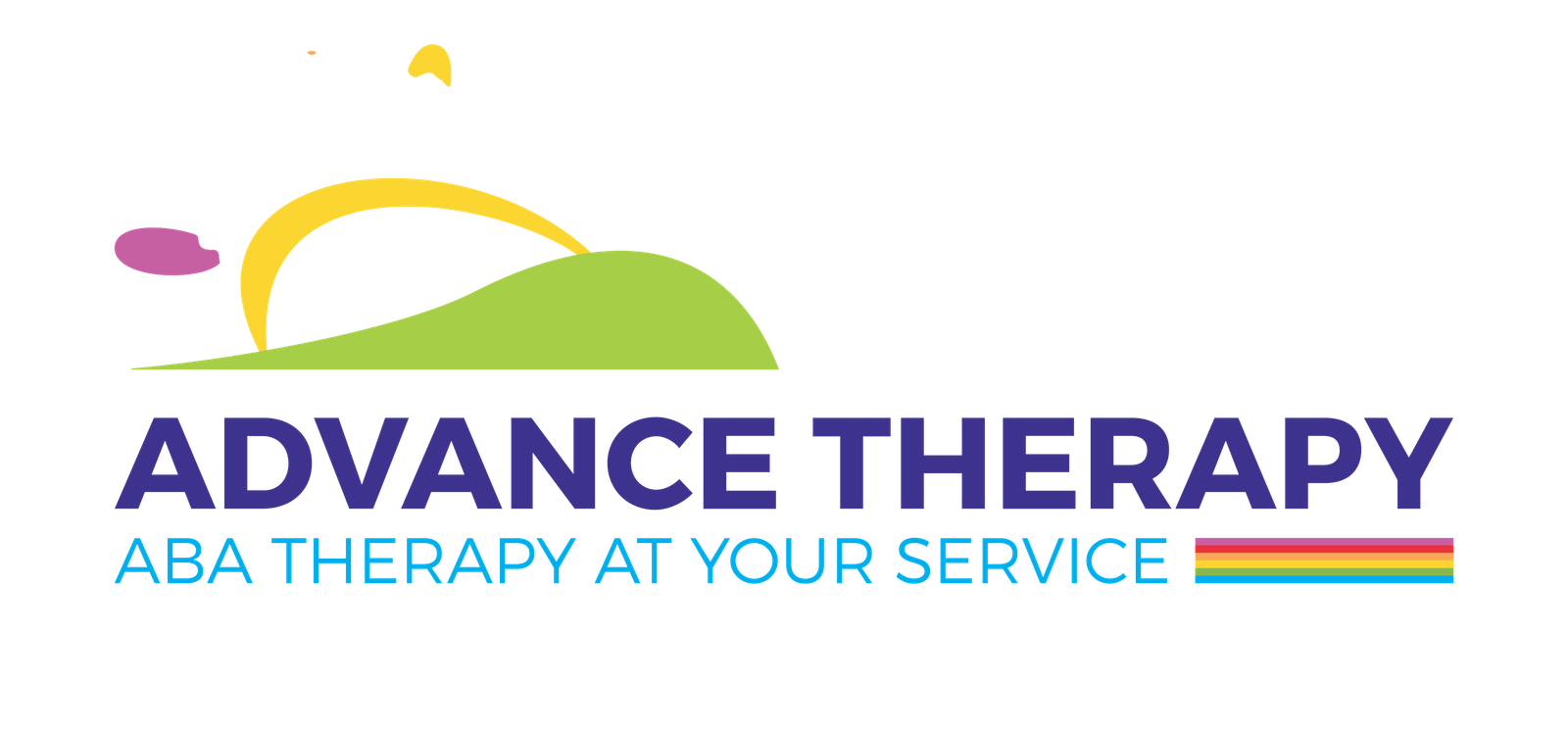2. Improves Communication Skills
Communication is often a major challenge for children with autism. ABA therapy helps children develop both verbal and non-verbal communication skills. Depending on the child’s needs, this could include:
Using words or phrases to express themselves.
Learning to make requests.
Improving listening and comprehension.
Using gestures or picture communication systems.
As communication improves, children gain confidence in expressing their needs and emotions, reducing frustration and tantrums.
3. Strengthens Social Skills
Social interaction can be difficult for children with developmental delays. Through structured activities and role-playing, ABA therapy teaches children how to:
These skills allow children to build stronger friendships and feel more included in group settings such as school or family gatherings.
4. Builds Independence and Daily Living Skills
ABA therapy focuses on practical life skills that help children become more independent. This may include:
By mastering these essential skills, children not only feel more capable but also reduce their reliance on parents or caregivers, preparing them for a more independent future.
5. Customized to Each Child’s Needs
Every child is unique, and ABA therapy recognizes this. Programs are highly individualized based on the child’s developmental level, strengths, and challenges. A Board-Certified Behavior Analyst (BCBA) creates a personalized plan with specific, measurable goals. This ensures that progress is tailored to the child, making the therapy much more effective than one-size-fits-all approaches.
6. Provides Consistent Measurable Progress
One of the key reasons ABA therapy is trusted by professionals is its scientific, data-driven approach. Therapists continuously track progress, monitor behaviors, and adjust strategies as needed. Parents can clearly see improvements over time, whether it’s fewer meltdowns, better communication, or improved academic performance.
7. Involves Parents and Caregivers
ABA therapy doesn’t just focus on the child—it actively involves parents, teachers, and caregivers. Parents receive training to reinforce ABA strategies at home, ensuring consistency across all environments. This teamwork between therapists and families helps children generalize skills from therapy sessions to real-life situations.
8. Reduces Challenging Behaviors
Many children with autism display challenging behaviors such as aggression, tantrums, or self-injury. ABA therapy uses techniques to identify triggers, understand the reasons behind these behaviors, and replace them with healthier coping mechanisms. Over time, this helps children manage emotions more effectively and feel calmer in stressful situations.
9. Enhances Academic Readiness
ABA isn’t limited to behavior—it also plays a vital role in preparing children for school success. Skills such as:
Following instructions.
Staying focused.
Completing tasks.
Learning routines.
These are essential for academic performance. ABA ensures that children are not only ready to learn but also able to thrive in classroom environments.
10. Long-Term Benefits for Future Success
Perhaps the most important advantage of ABA therapy is its long-term impact. By building a strong foundation in communication, social interaction, independence, and emotional regulation, children are better prepared for adulthood. Research shows that children who undergo early and consistent ABA therapy have improved chances of leading fulfilling, independent, and productive lives.
Conclusion
Applied Behavior Analysis is more than just therapy—it is a transformative approach to child development. From communication and social skills to independence and academic readiness, ABA offers children the tools they need to thrive. With early intervention, personalized treatment plans, and the involvement of parents and caregivers, ABA continues to be the leading method for helping children with autism spectrum disorder reach their fullest potential.
If you are a parent or caregiver exploring therapy options, ABA therapy could be the key to unlocking your child’s growth and confidence.




